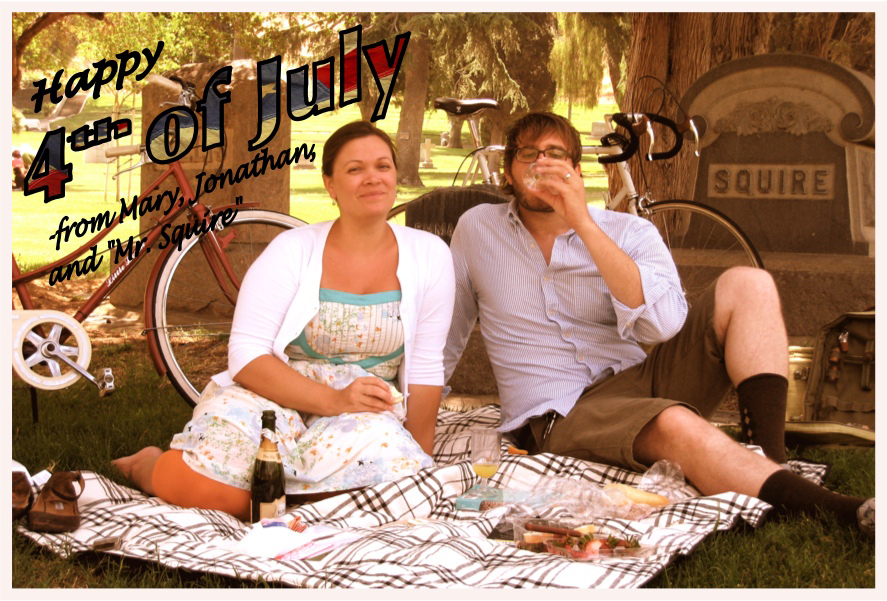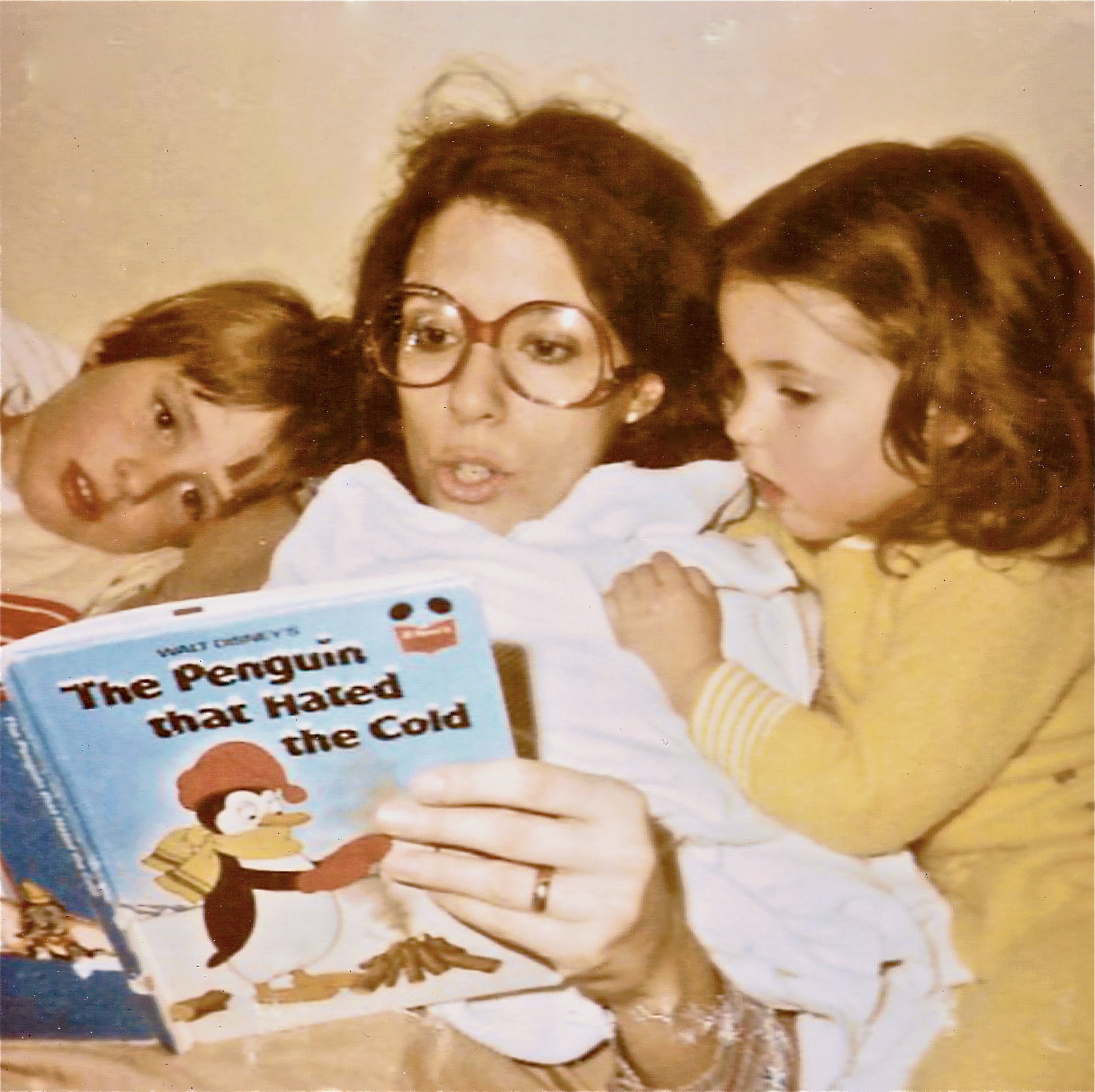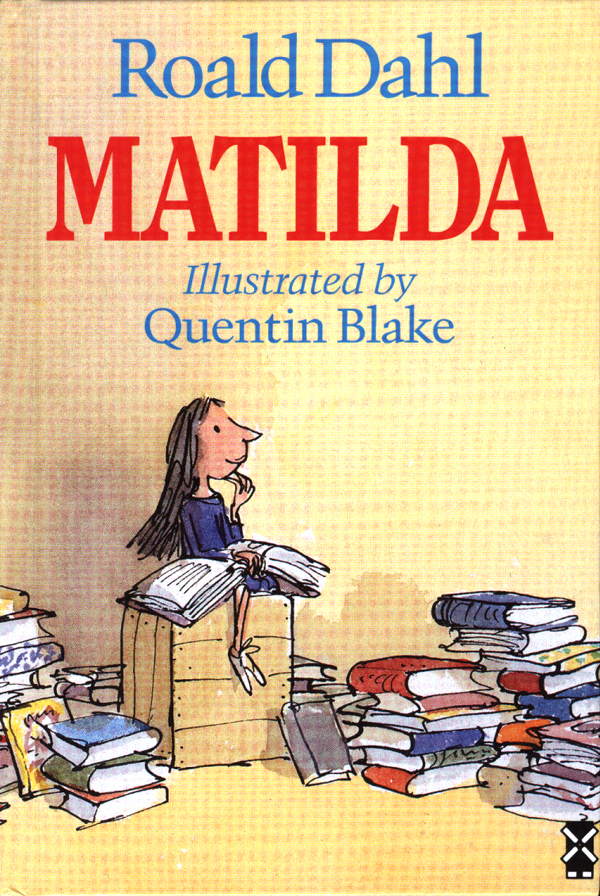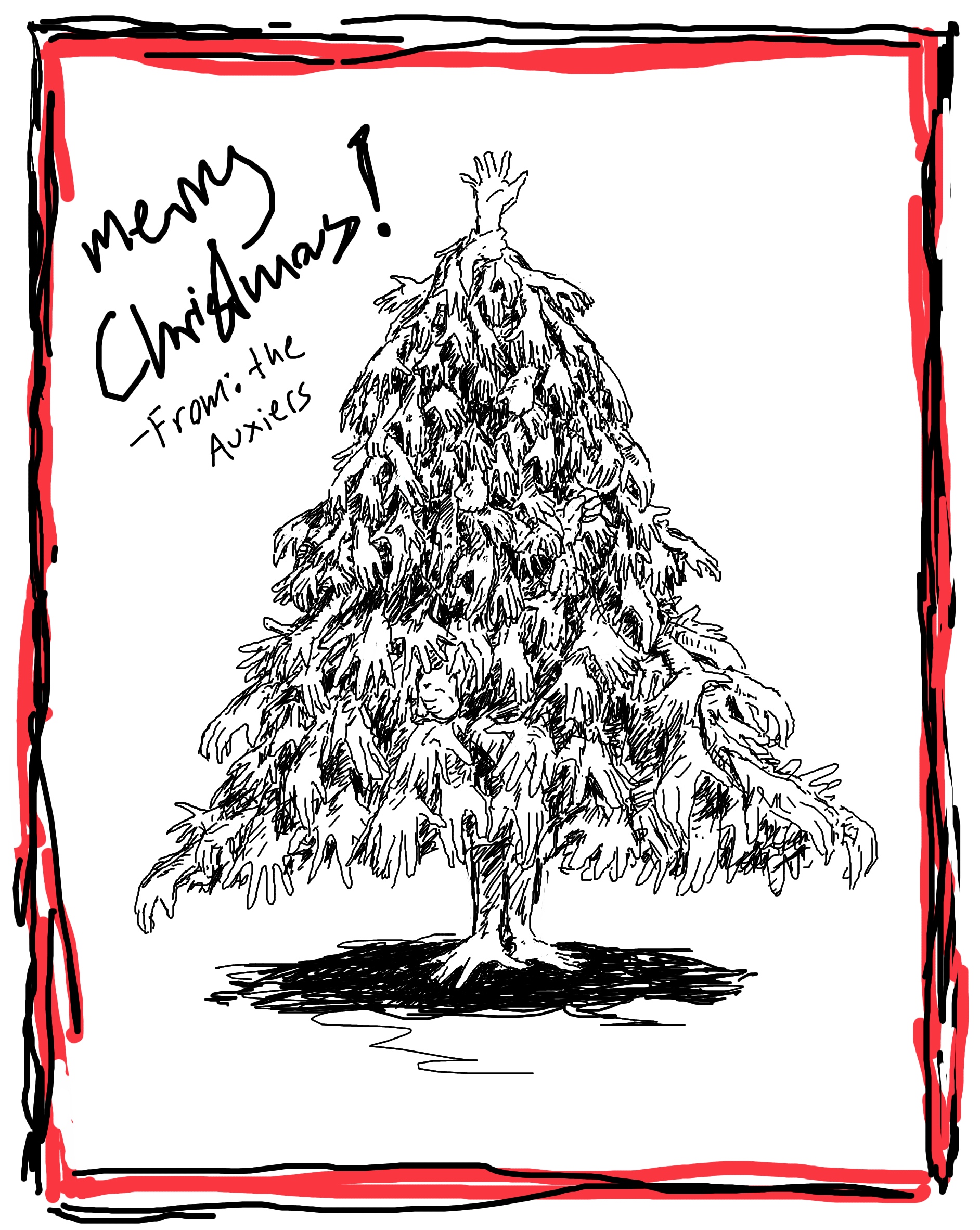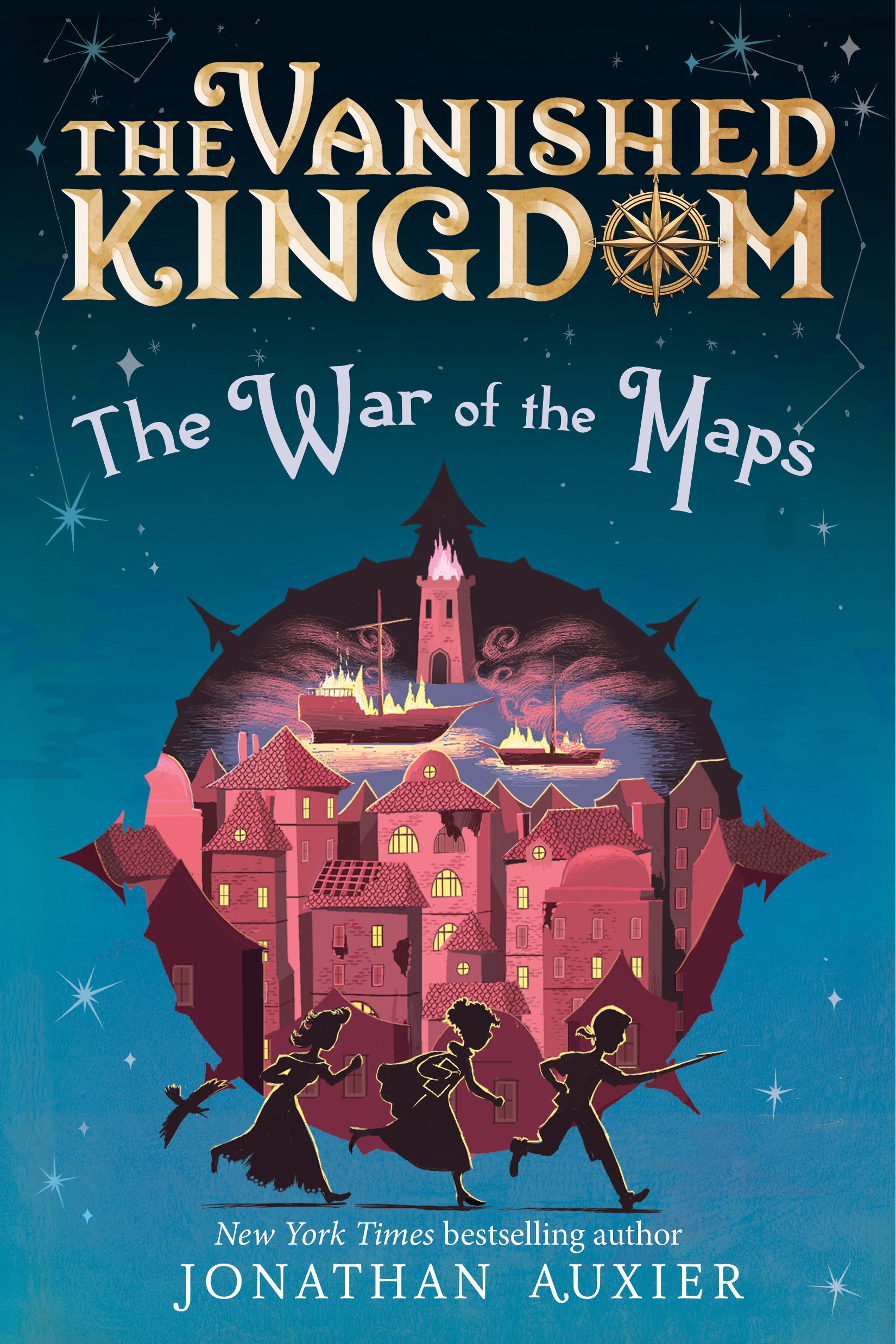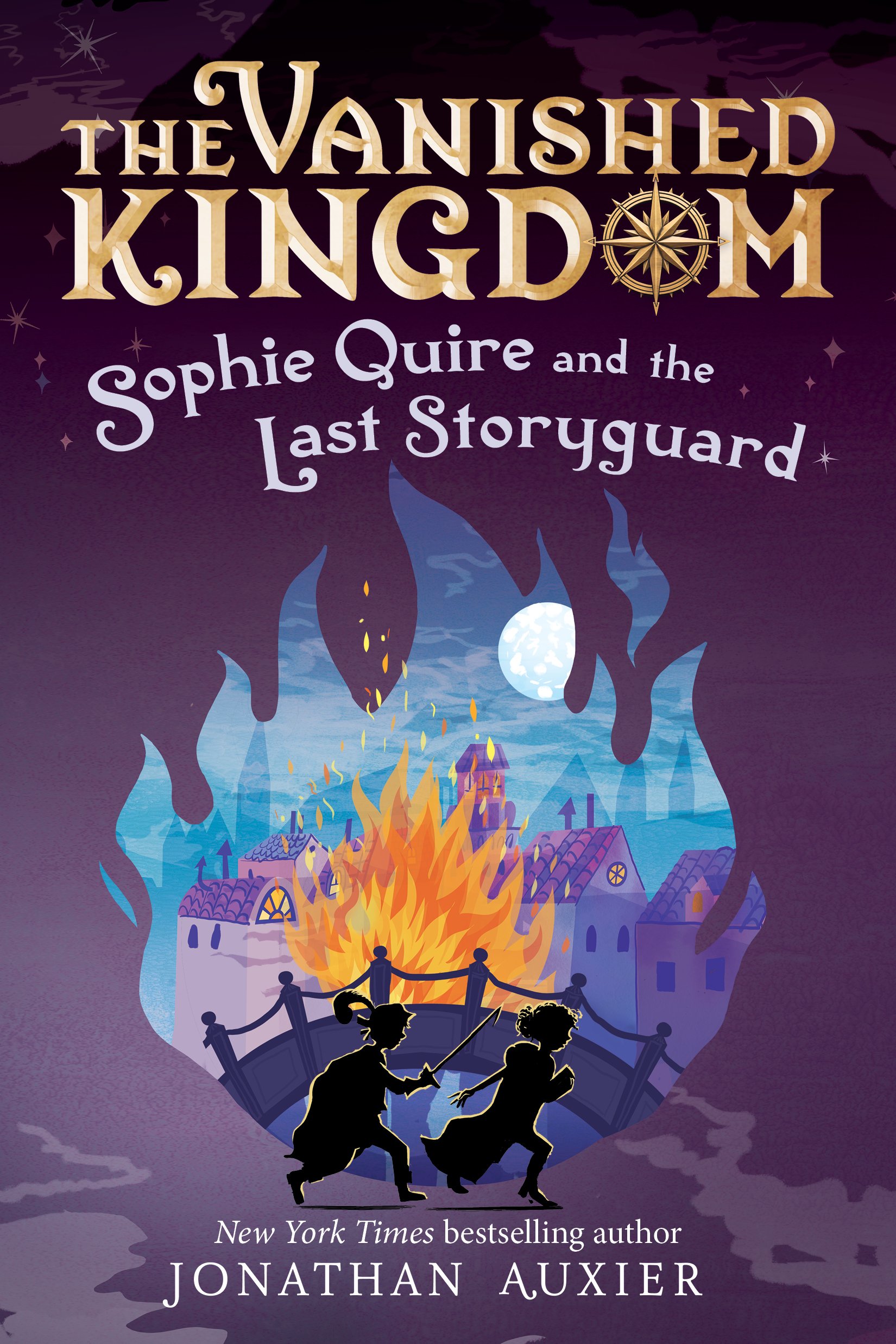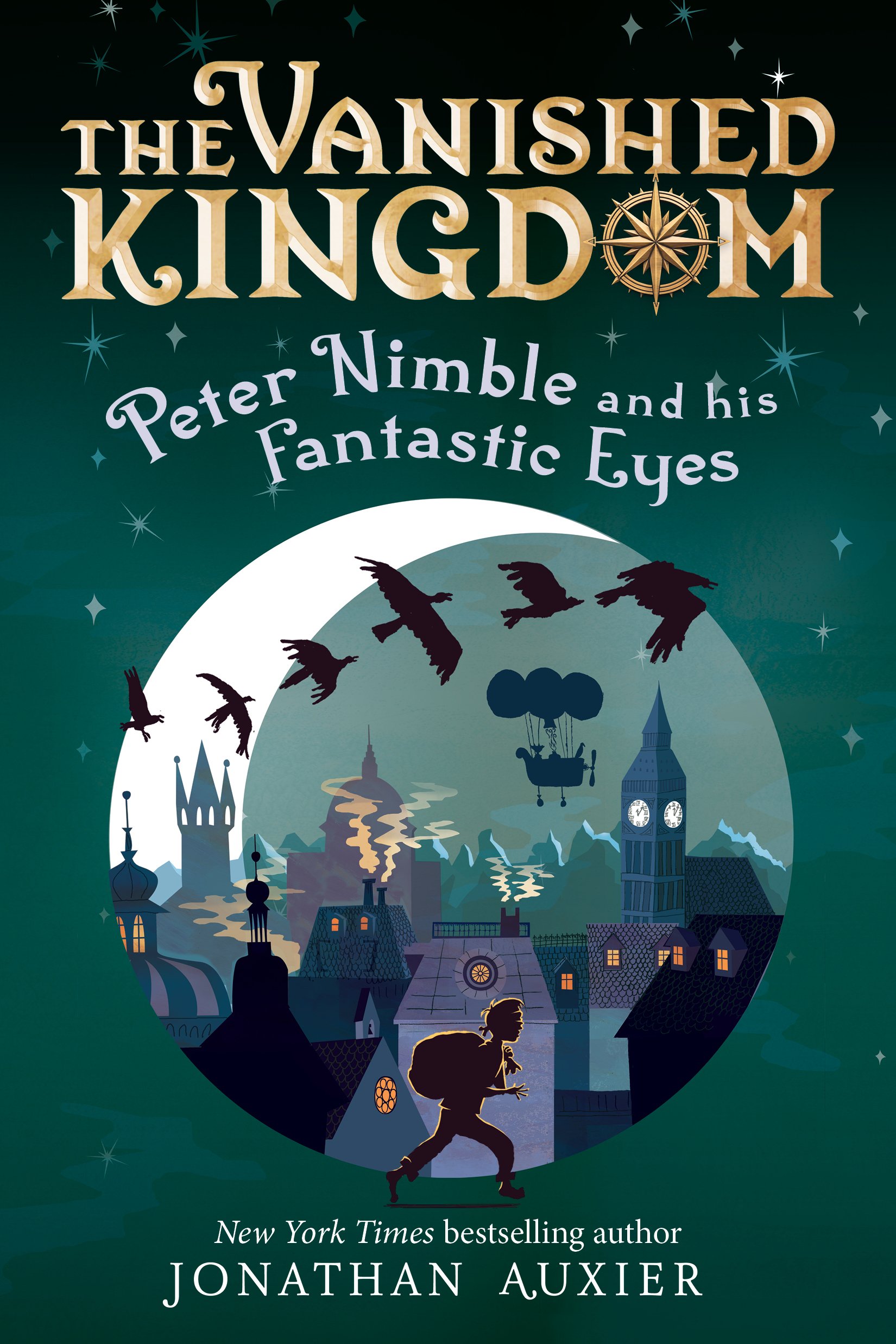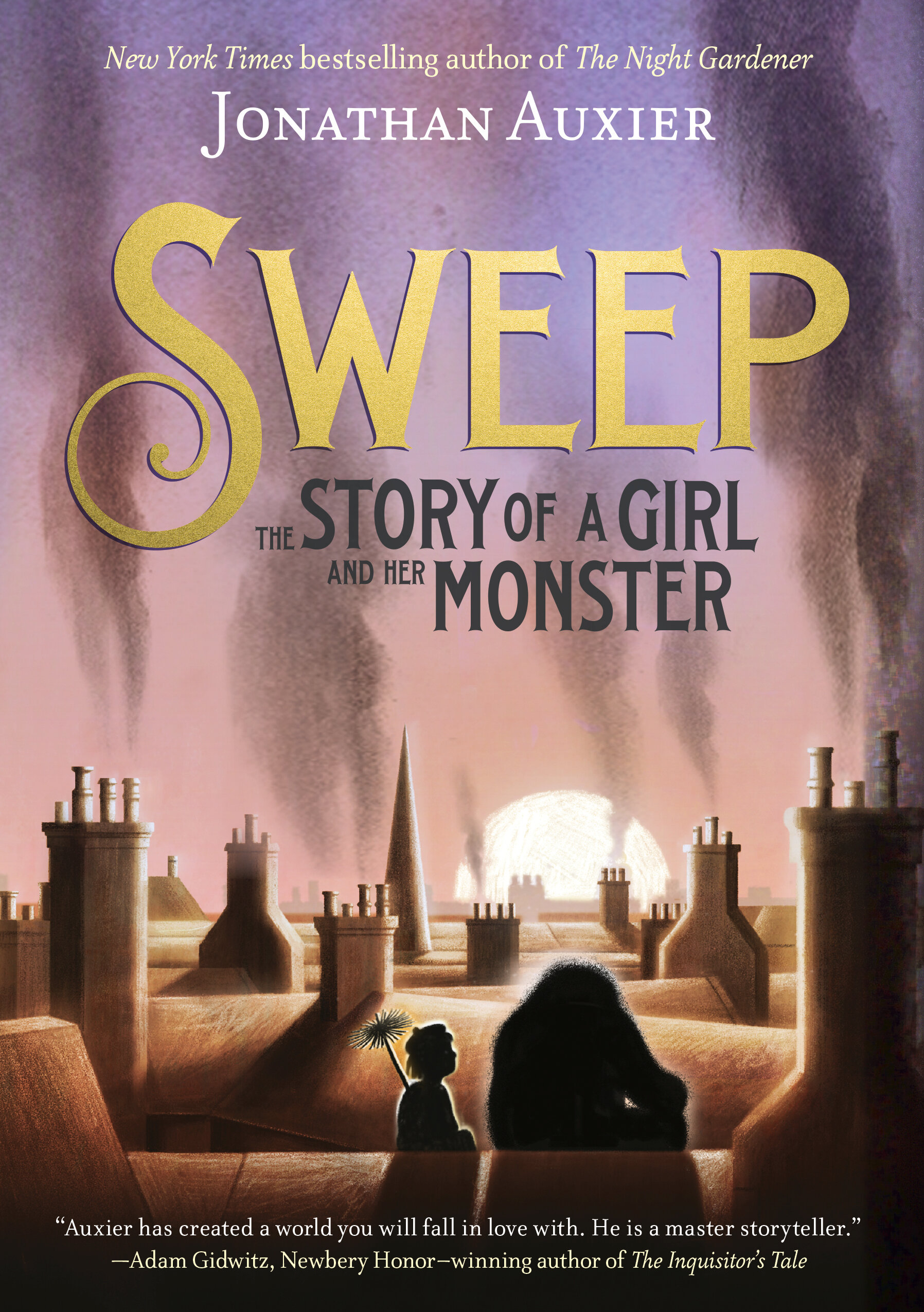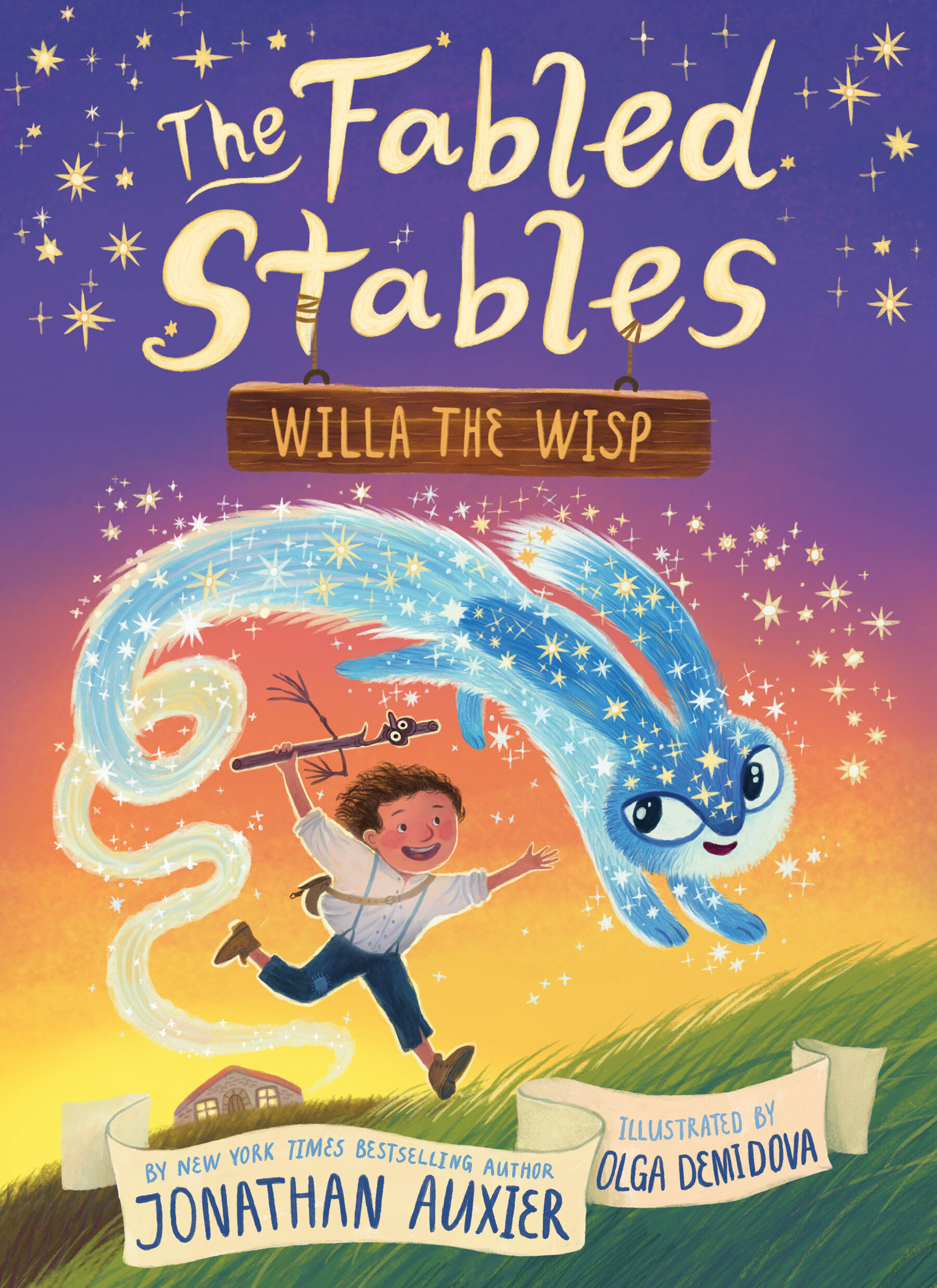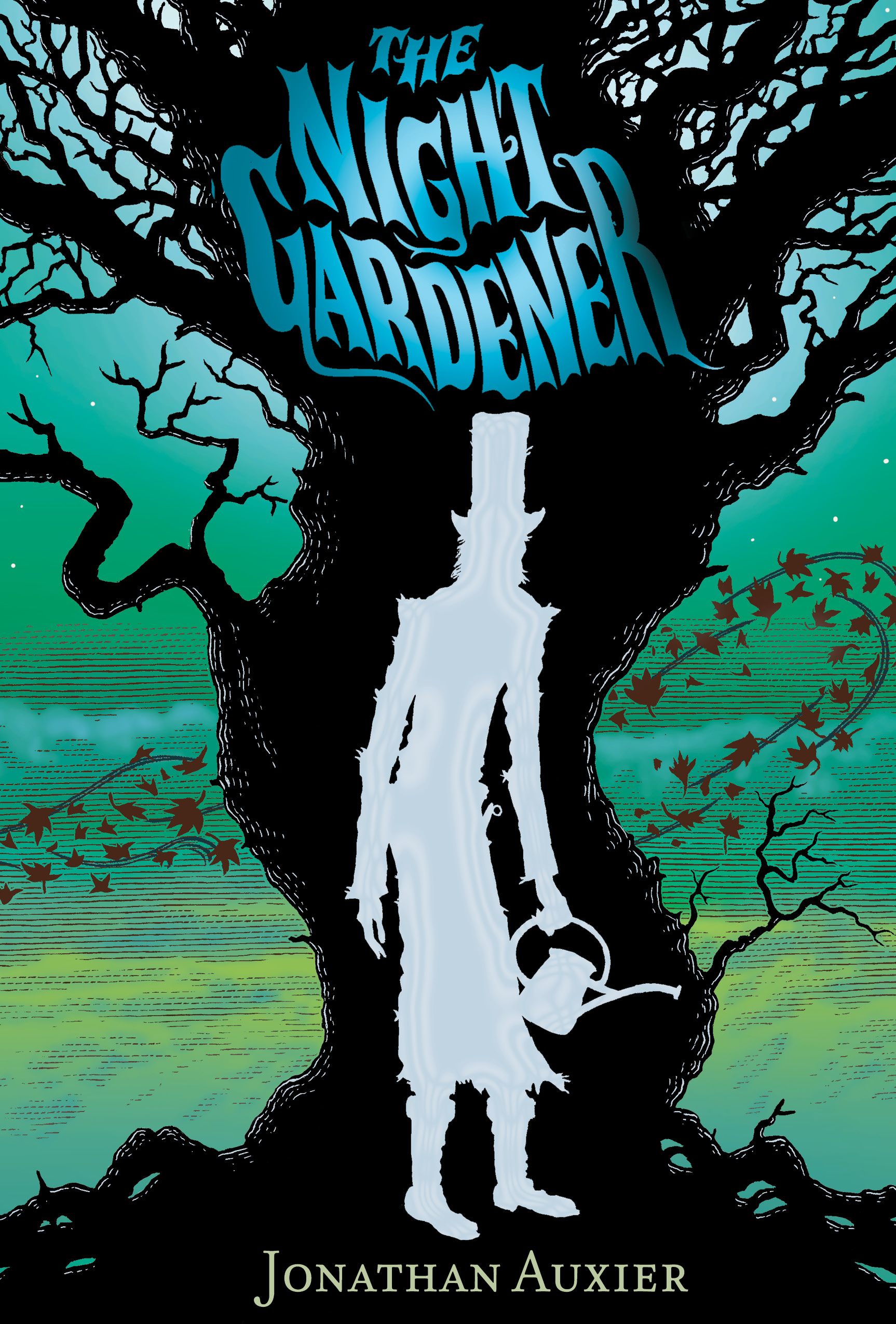 This last week, the Auxier family descended on Southern California for a wedding. One of the things we like to do is play board games.[1. This is an understatement: Mary was not allowed to marry into the family until she could hold her own in whist.] One of our favorite games as of late is Settlers of Catan.
This last week, the Auxier family descended on Southern California for a wedding. One of the things we like to do is play board games.[1. This is an understatement: Mary was not allowed to marry into the family until she could hold her own in whist.] One of our favorite games as of late is Settlers of Catan.
For the uninitiated, Settlers of Catan is a "German style" board game that involves building towns and cities on an island -- sort of a pre-industrial Monopoly that works on bartering rather than bank accounts. Settlers has helped usher in a golden age of board gaming, supplanting classics like Risk and Diplomacy as the favorite Friday night activity of nerdy boys in AP History.[2. Or IB History, as was the case for this particular nerdy boy.]
In fact, Risk is something I've used more than once to explain Settlers to newcomers. Both games involve a map, cards, and anxious rounds of placing armies/towns on unclaimed real estate. There is, however, one key difference between Settlers of Catan and Risk: I hate Risk.
 Risk is Candy Land in wingtips and a smoking jacket -- a game of luck pretending to be a game of skill. “But how can you say that Jonathan?” you protest. “Risk involves military strategy! and sacrifice! and cannons!” Perhaps, but the fact is that when all is said and done, the dice are king. You could be Napoleon Bonaparte facing off against Gomer Pyle, but if you’re rolling bad dice, you’re going to lose.
Risk is Candy Land in wingtips and a smoking jacket -- a game of luck pretending to be a game of skill. “But how can you say that Jonathan?” you protest. “Risk involves military strategy! and sacrifice! and cannons!” Perhaps, but the fact is that when all is said and done, the dice are king. You could be Napoleon Bonaparte facing off against Gomer Pyle, but if you’re rolling bad dice, you’re going to lose.
Of course, luck is not in and of itself a bad thing. Pretty much every good board game includes a little bit of chaos to confound best-laid plans.[3. Except for chess, of course, which might explain its standing as a legitimate sport.] Settlers makes heavy use of dice and random card drawing -- so why doesn’t it inspire the same frustrations as Risk?
This weekend I spent a lot of time thinking about the relationship between luck and strategy in these two games in the hope of figuring out how they differ … and I think I figured out an answer!
First let’s look at how luck and strategy work in Risk: a player’s turn begins with fortifying his/her countries with armies (skill); then they maneuver those armies to attack their enemies (skill); then they roll the dice to see if their attacks were successful (luck).
And now Settlers of Catan: a player starts his/her turn by rolling a dice, which determines how many resources they acquire (luck), then they barter with other players for the things they need (skill), and then they spend the resources to expand their empire (skill).
 So, in Risk, people make plans and then luck determines the outcome; but in Settlers, luck initiates the action and then players must react. When I broke it down like that, I began to wonder whether the key to a board game being fun for me was in the sequence of luck and strategy. Whist, Canasta, Cribbage, Scrabble, Scatergories … in all these games the biggest piece of luck comes at the beginning rather than the end of play.
So, in Risk, people make plans and then luck determines the outcome; but in Settlers, luck initiates the action and then players must react. When I broke it down like that, I began to wonder whether the key to a board game being fun for me was in the sequence of luck and strategy. Whist, Canasta, Cribbage, Scrabble, Scatergories … in all these games the biggest piece of luck comes at the beginning rather than the end of play.
So what does this have to do with The Scop?
Well, the more I thought about my luck/strategy preference, the more I thought it could be applied to more than just board games. I like the idea that humans have a chance to react to the things we can’t control. Consider, for example, how luck interacts with stories. In all my favorite books/movies/plays, some unpredictable event (luck) thrusts a hero into the middle of a plot in which he must react (strategy).
In fact, this idea of keeping your biggest piece of luck at the top of the story is pretty well documented in the writing world.[4. “luck” in this case being defined as a plot event that the main characters have no control over.] When it happens at the beginning, we call it an “inciting incident.” But when writers save their biggest roll of the dice for the final scene, we call it a “deus ex machina.”
And nobody likes those things.
* * *
I have recently been inspired by book critic Laura Miller to try limiting my in-text links in favor of a list at the end. Let me know if you approve:
- A fantastic Wired feature about how Settlers of Catan is the "Monopoly Killer"
- Speaking of, watch this hilarious mock trailer for a Monopoly movie
- TV Tropes article hating on Deus Ex Machinas
- A discussion of inciting incidents in screenwriting
- The Salon article in which Laura Miller dumps on hyperlinks


